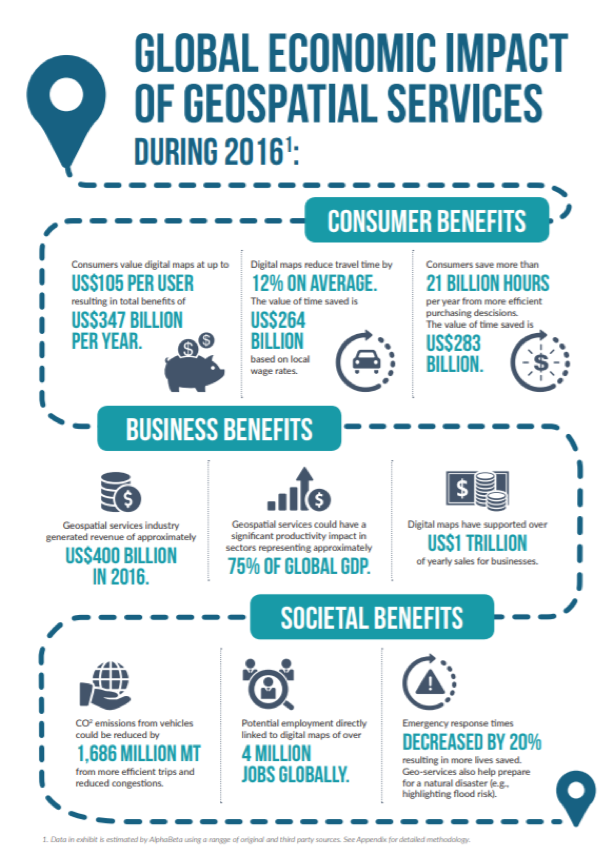
Our mission statement: We go that bit further to provide our customers worldwide with the best advice on how to maximise the benefits of location information in their business. Our consultants come with location intelligence inside.
- 44 (0) 1923 291000
- info@consultingwhere.com
- Hardy House, Northbridge Road, Berkhamsted, Herts. HP4 1EF

